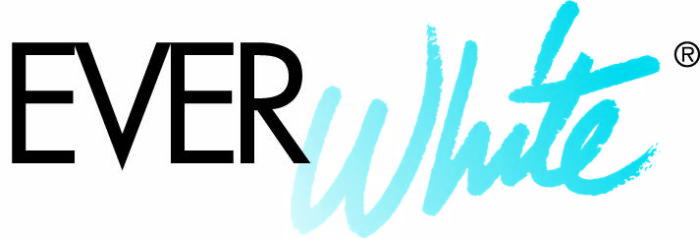Customer Service 1-800-335-7319
Customer Service 1-800-335-7319
If you are asking yourself: “What size whiteboard should I get?” – the most common whiteboard dimension for use in classrooms, offices, meeting rooms and shop floors is 4×6 – that’s 4 feet tall by 6 feet wide. Boards with a dimension of 4×8 feet are also commonly used. A 5-foot-tall board can be a better option for use in large rooms, such as lecture halls.
In meters, a 4×6-foot whiteboard is approximately 1.22×1.83 meters, while a 4×8-foot board is approximately 1.22×2.44 meters.
For use in large rooms or big classrooms, it’s better to get a larger whiteboard, so presentations can be big – allowing people in the back of the room to see what is written and drawn.
EVERWhite manufactures whiteboards in 15 different sizes, from 1×1 foot, up to 4×20 feet. We even have boards that are 5 feet high – giving you 20 percent more surface area. But what if you need a dry erase board in a different dimension? Just ask! We’ll build a whiteboard at the size you want.
Standard whiteboard sizes are listed below. The first number is the height and the second the width, so a 4×6 board is 4 feet high and 6 feet wide. Select a magnetic or non-magnetic surface, then select a size and whether or not you want a full-width marker tray at no additional cost.
Because we manufacture the whiteboards we sell, we can accommodate non-standard size requests. Whiteboards made to unique measurements are available with aluminum or wood frames, and with magnetic or non-magnetic dry erase surfaces. If you need a custom size whiteboard one to five feet tall, just use our handy request form and include the desired height and width, in inches.
For custom size boards taller than 48 inches, or cut in a non-rectangular or non-square shape, call EVERWhite at 800-335-7319.

Dan Griffin is general manager of EVERWhite, a U.S. manufacturer and seller of whiteboards and tack boards used for teaching, coaching, planning, collaboration and tracking. Along with his expertise in the use of whiteboards, Dan excels in leadership, new product development, business operations, continuous improvement and product marketing. He holds a bachelor’s degree in Business Administration, with a focus on marketing, from Temple University.